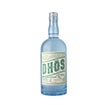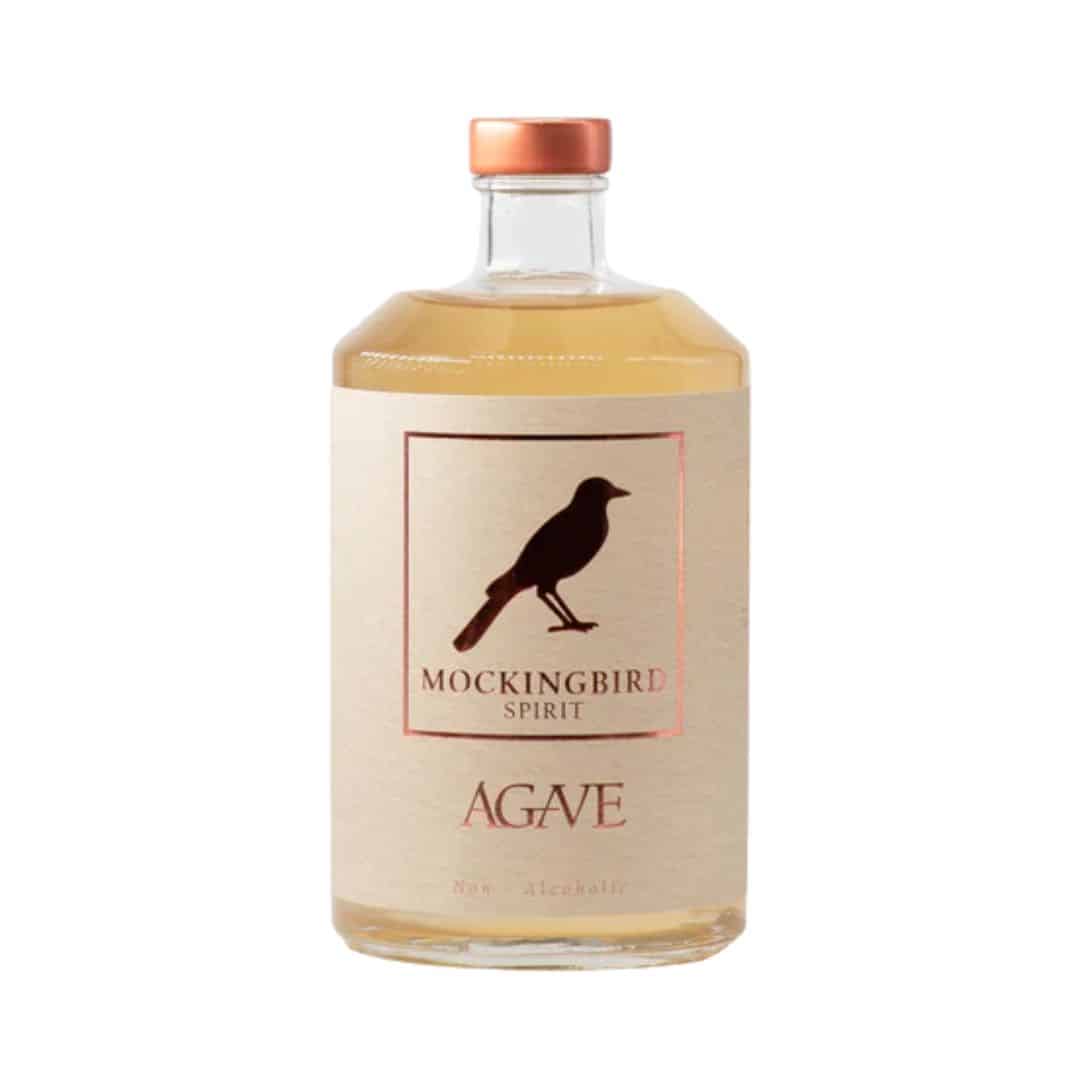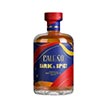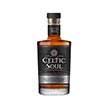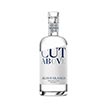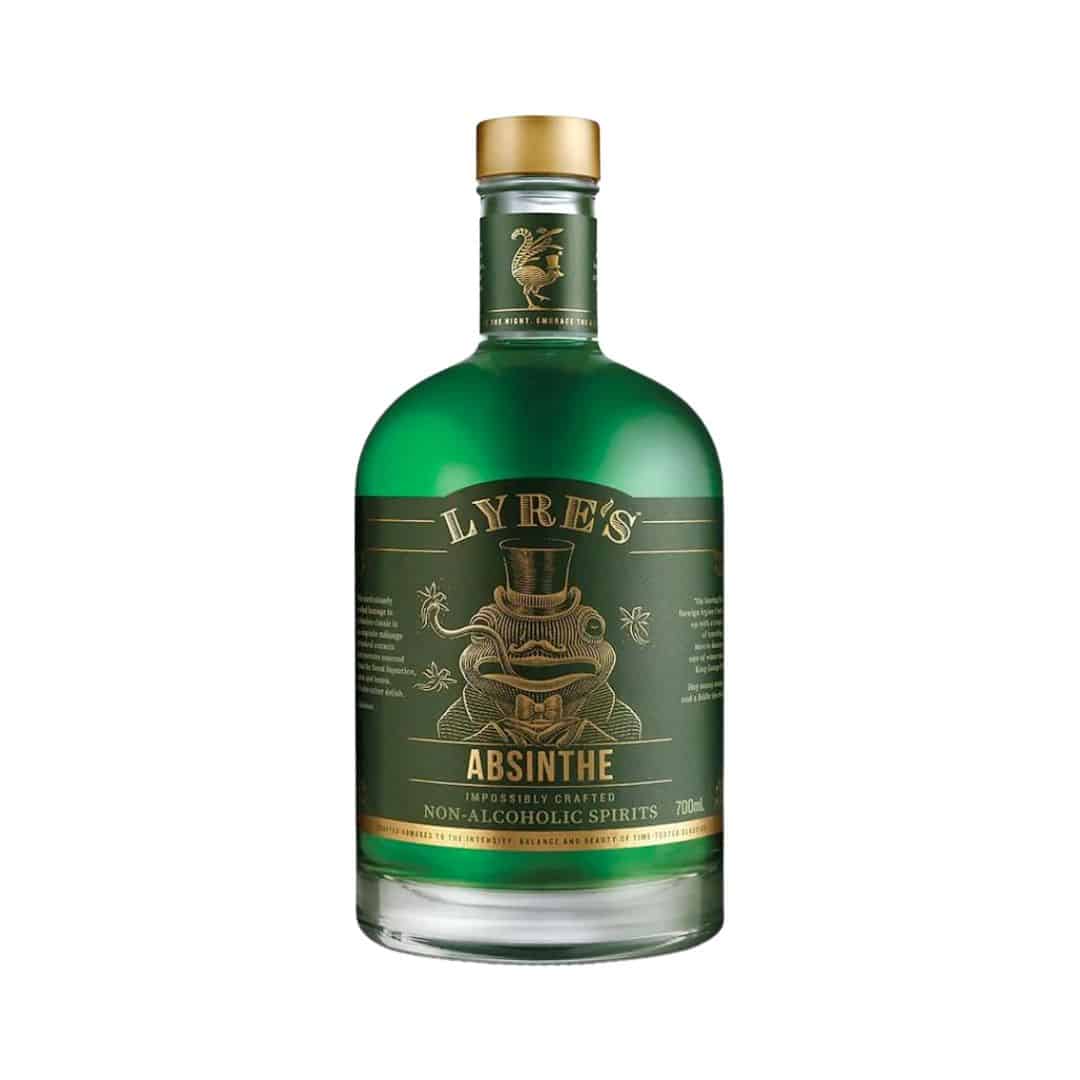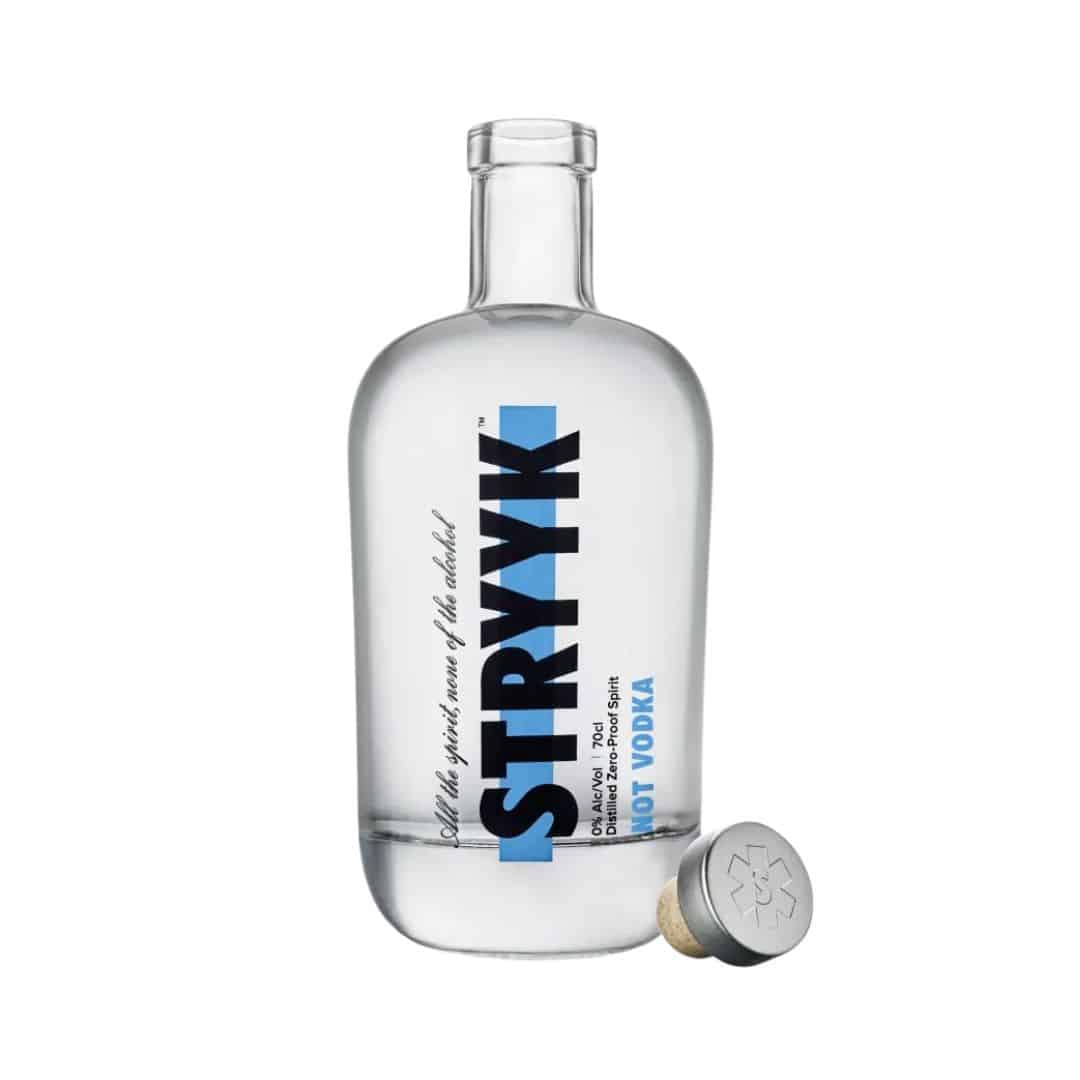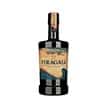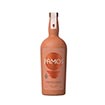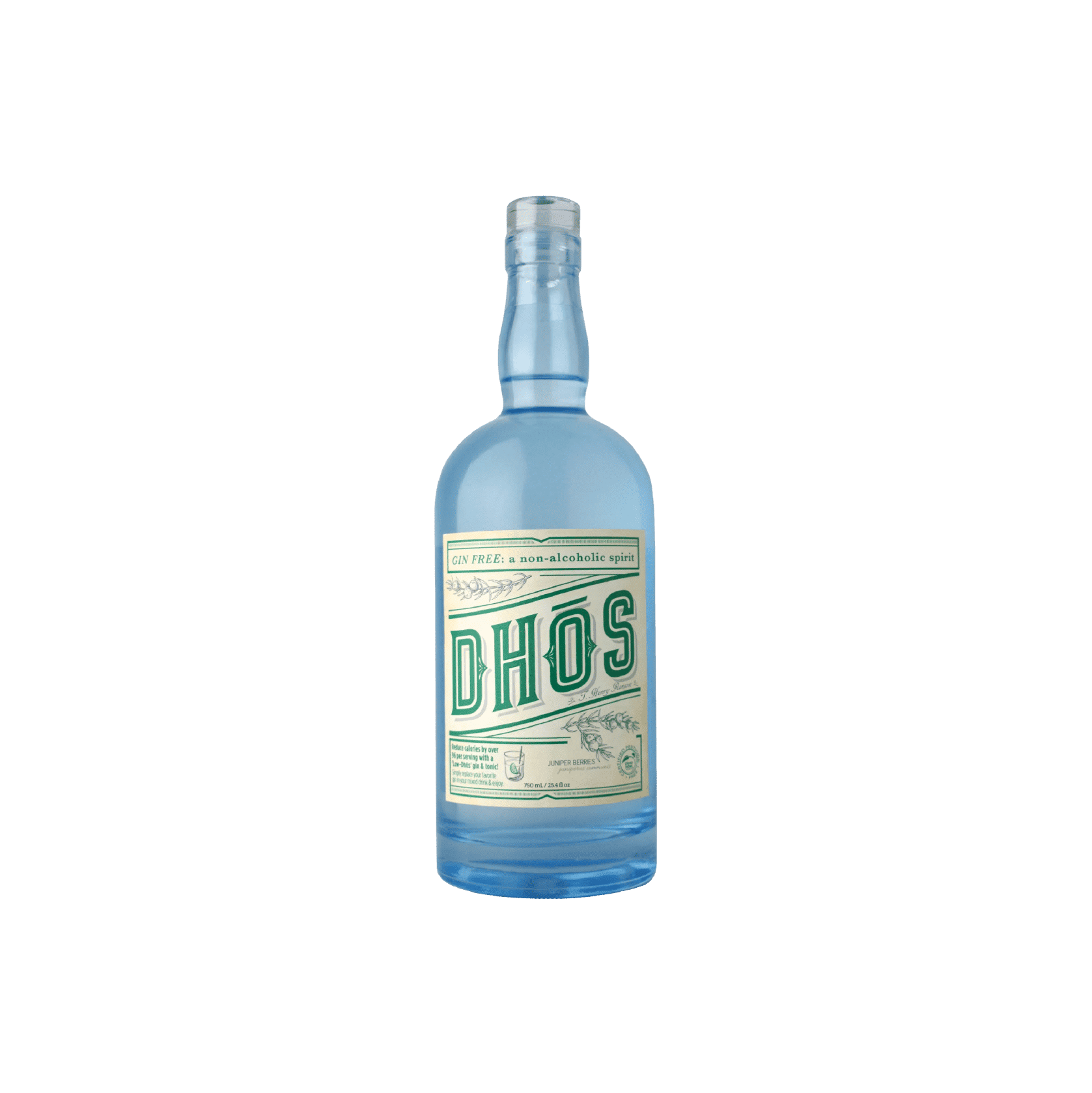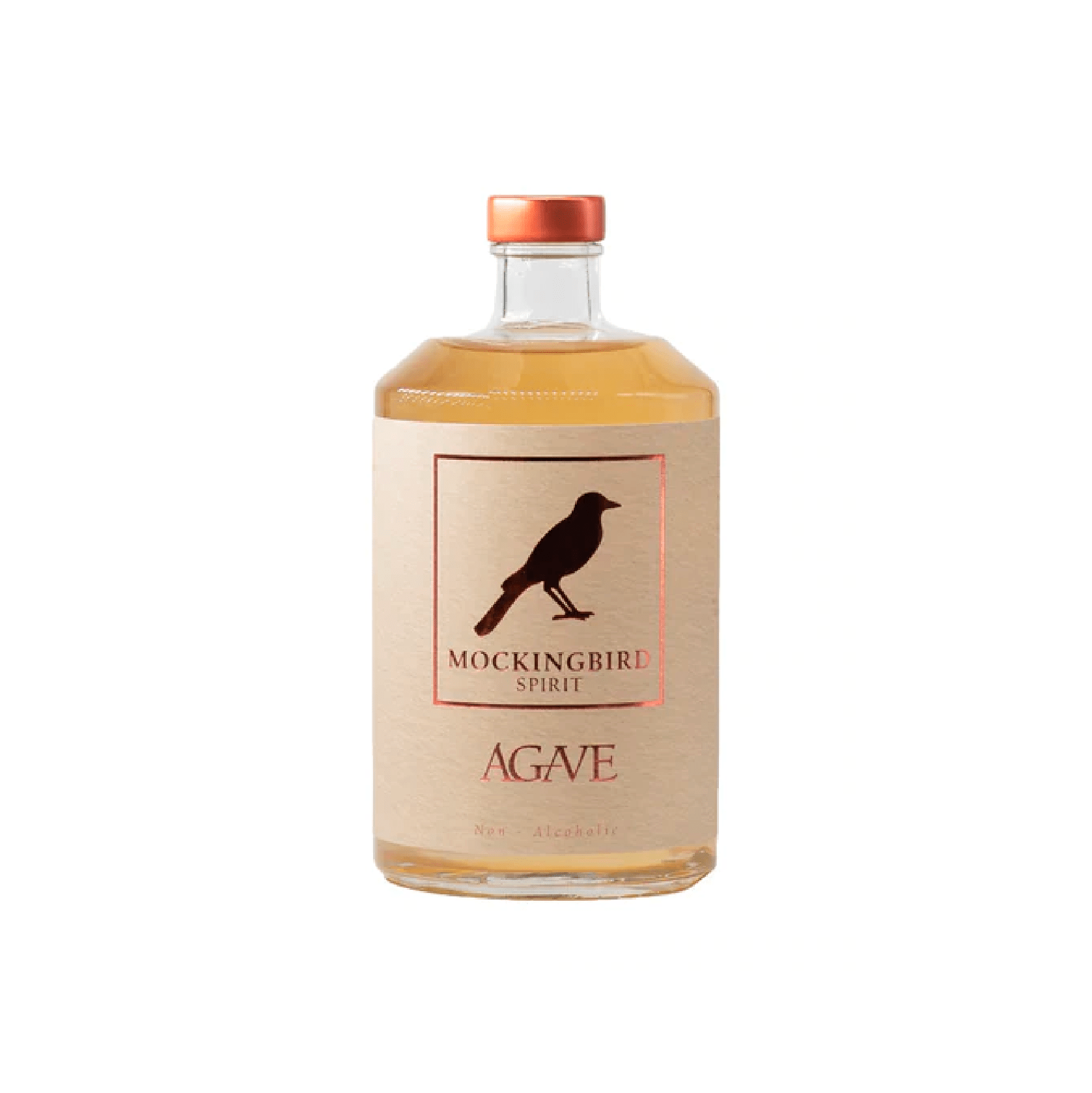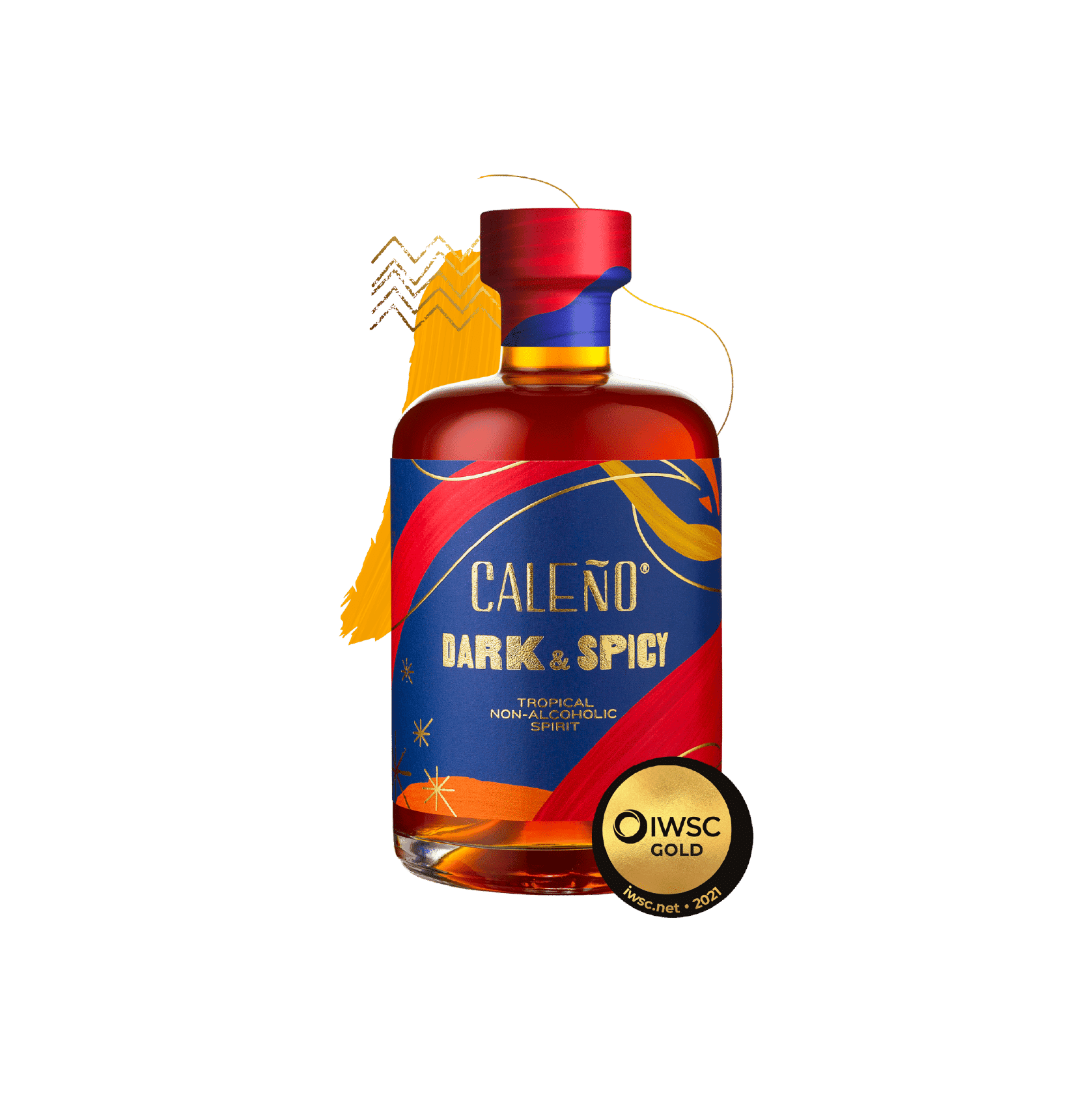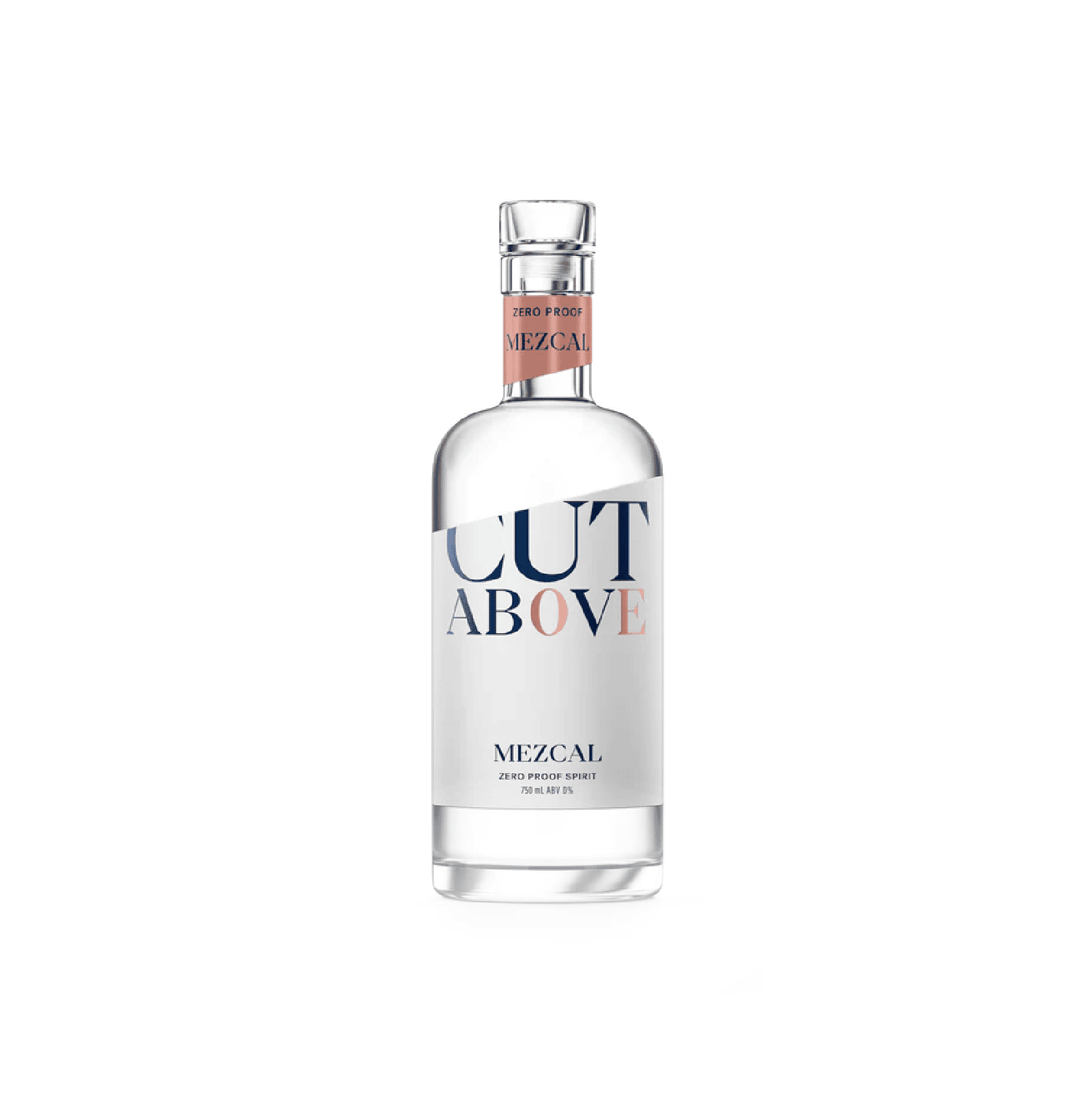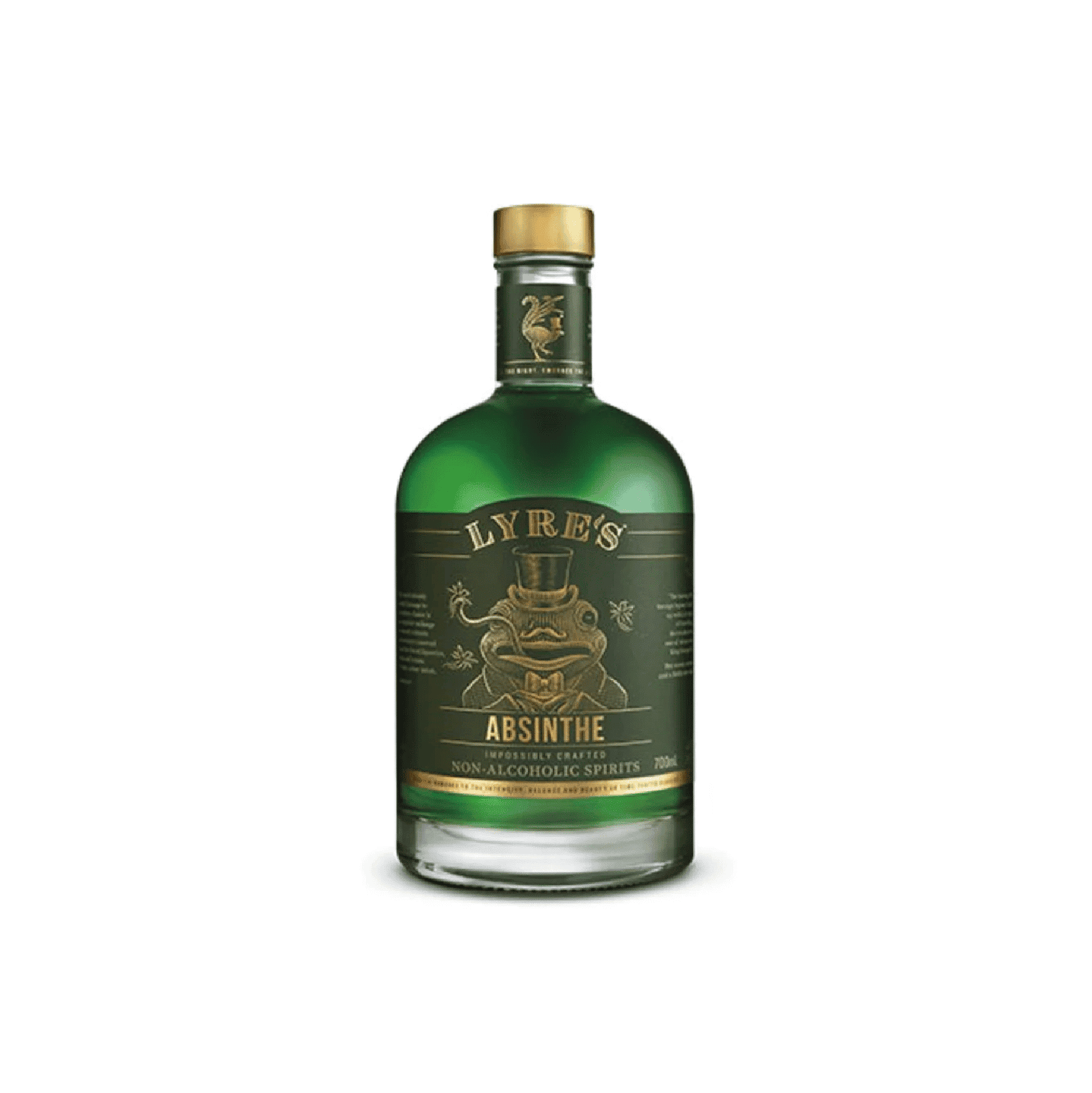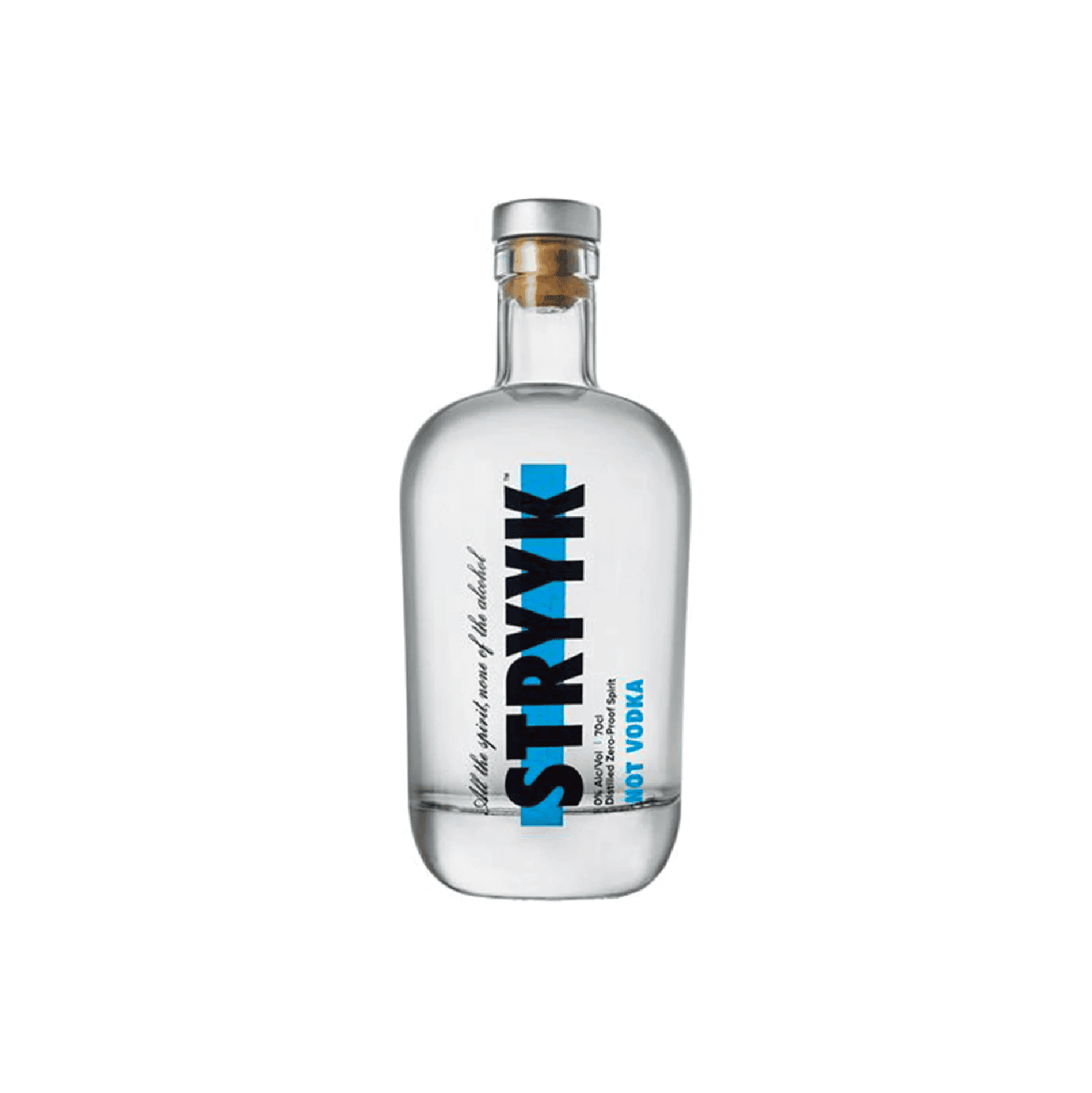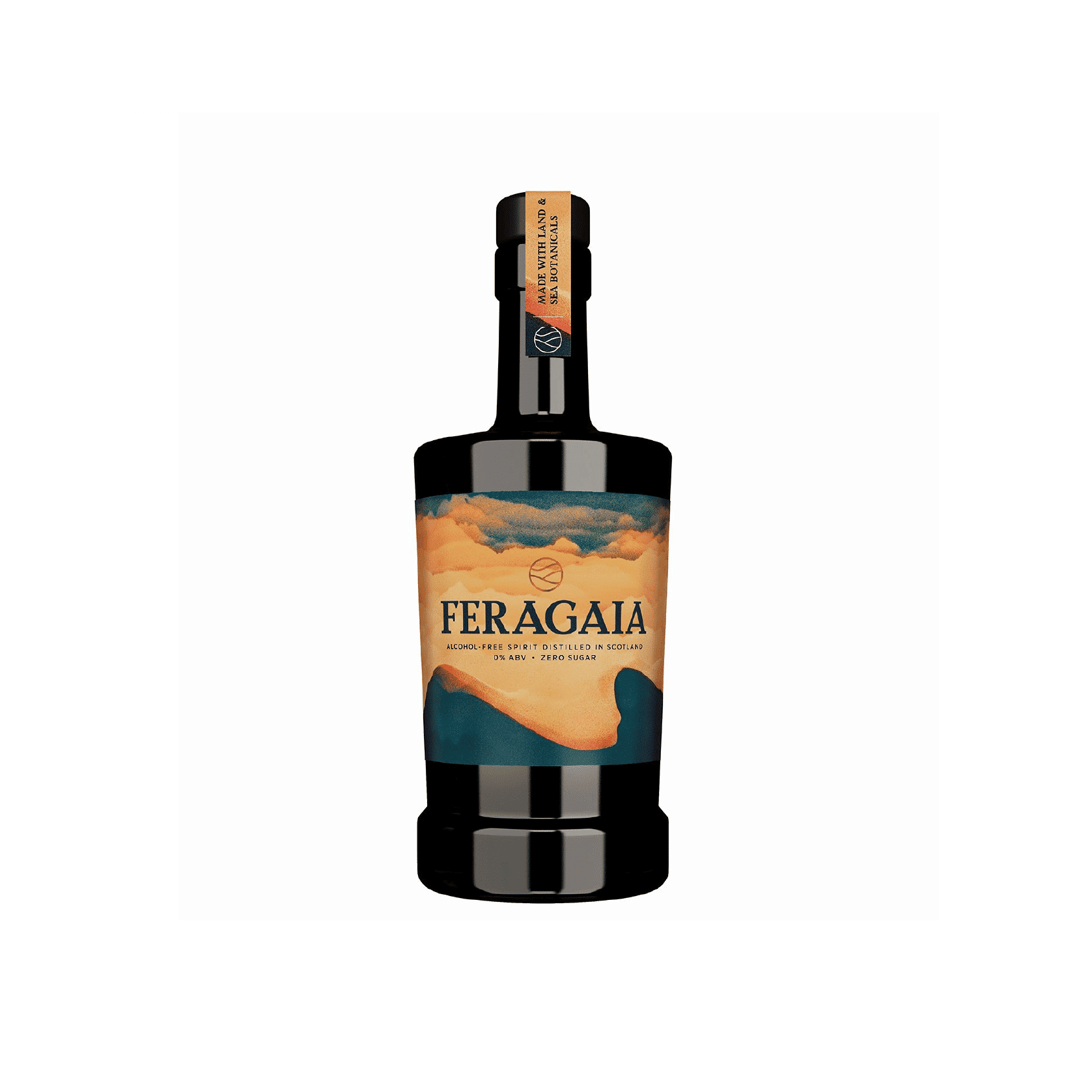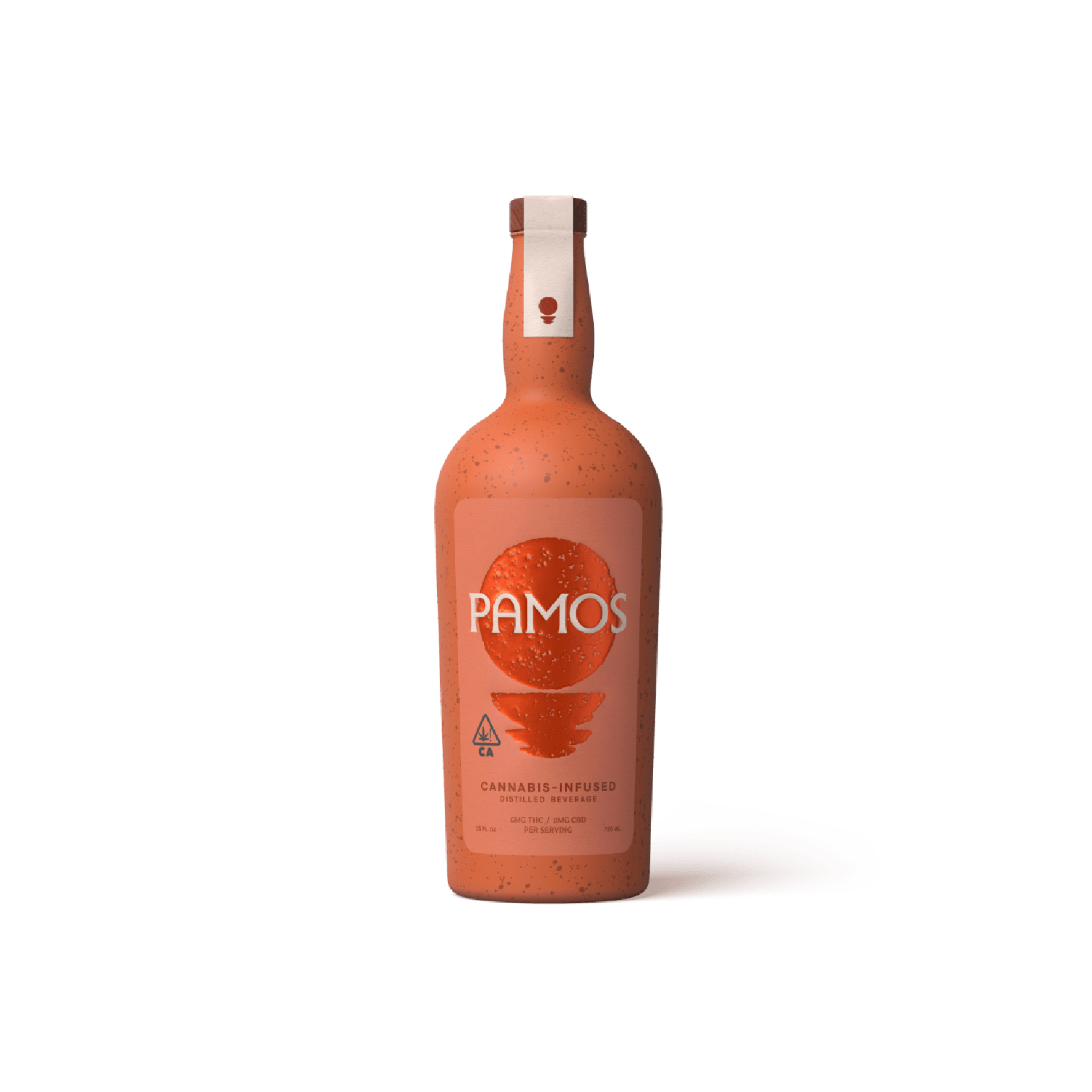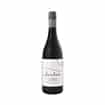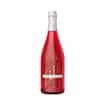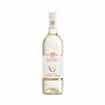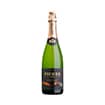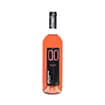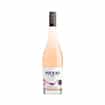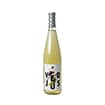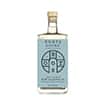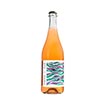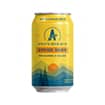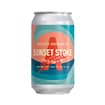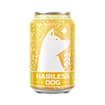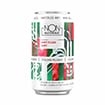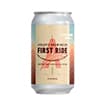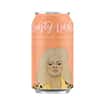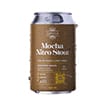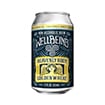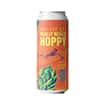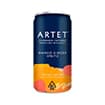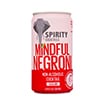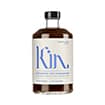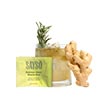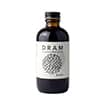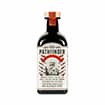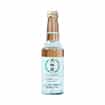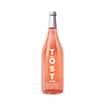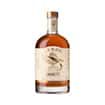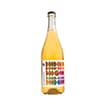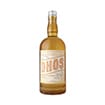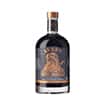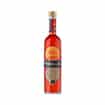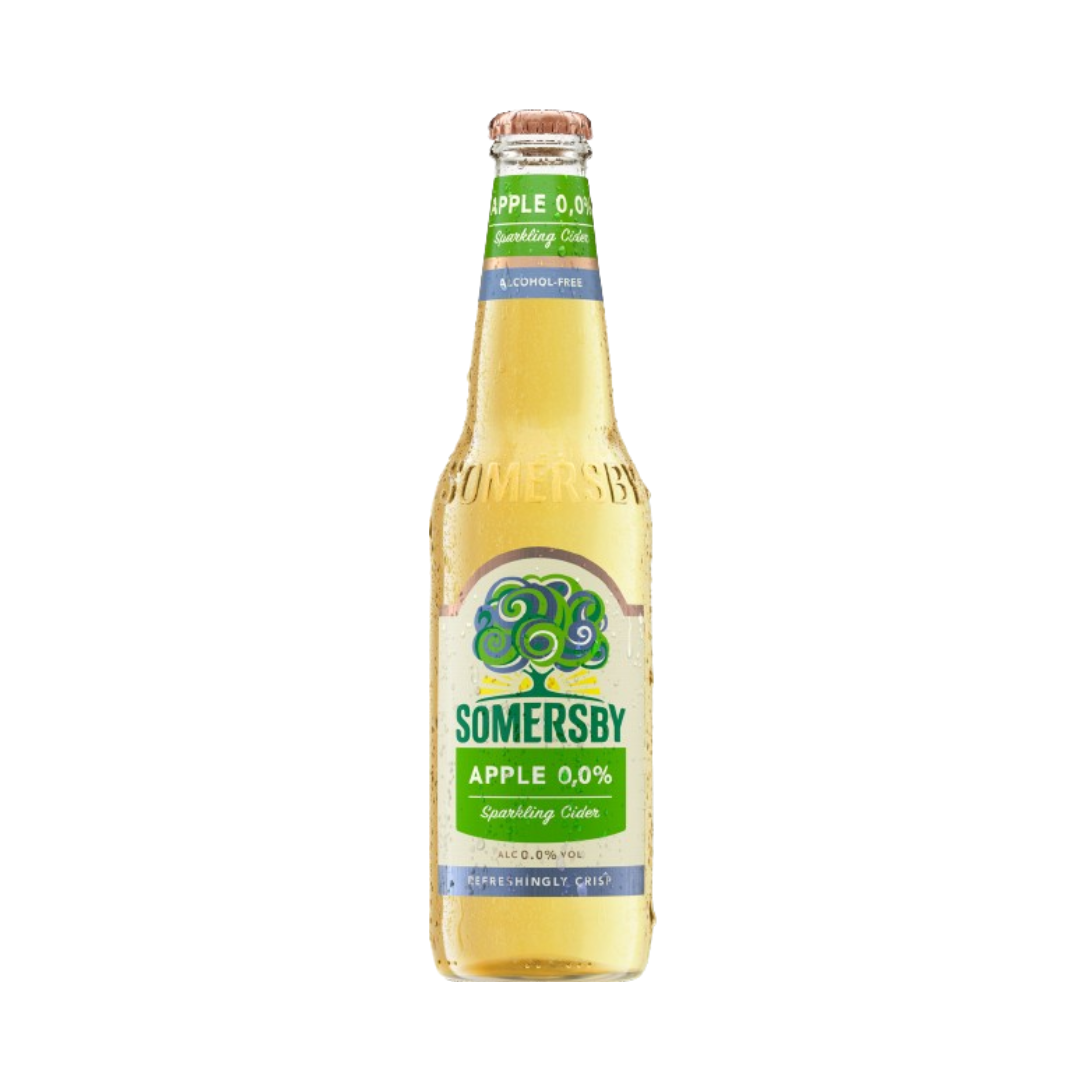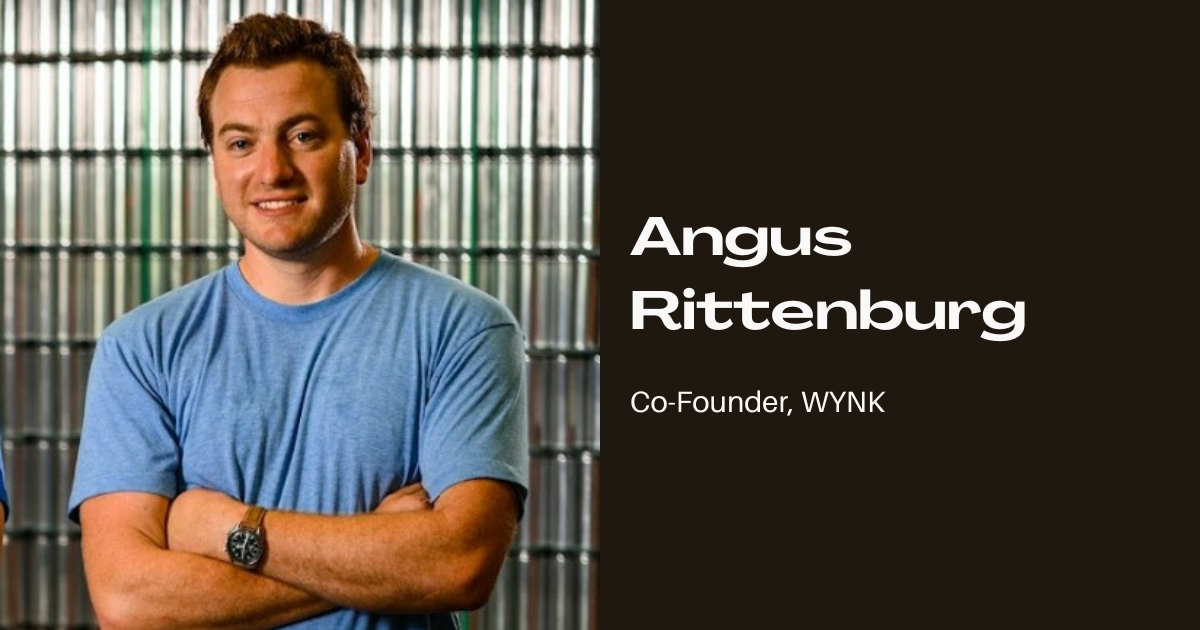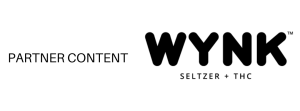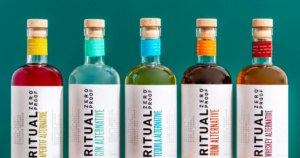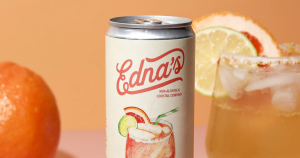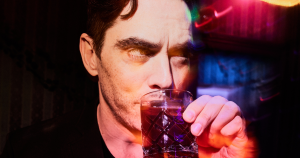Photo credit: WYNK
From engineering batteries at Tesla to pioneering the cannabis beverage industry, WYNK Co-Founder Angus Rittenburg’s journey is as unconventional as it is fascinating. In this interview, Angus delves into the inception of his brand, born from a blend of engineering skills and a desire for a true alcohol alternative. Facing the logistical and regulatory hurdles of cannabis production head-on, Angus and his team innovated the “WYNK Wagon,” a mobile canning system that revolutionized their production process.
As WYNK evolved, it embraced its mainstream appeal, offering a low-dose, balanced THC seltzer that caters to both cannabis newbies and enthusiasts alike. This conversation sheds light on the potential of cannabis beverages to not only complement but also challenge traditional alcohol consumption, marking a significant shift in social drinking culture.
Angus, your background is quite unique: you studied as a mechanical engineer and were once a battery engineer at Tesla. How exactly did you end up in beverage, of all places?
It all started with an interesting engineering problem. In the licensed dispensary channel back in early 2021, you had to produce in each market you wanted to sell in. That meant finding a licensed co-packer in each market, or building your own co-packing facility in each market. That would have been very time-consuming and expensive, plus we would have had limited control over quality. What interested me was creating a technology to solve that problem.
I had this idea to create a mobile beverage production facility. How do you reliably produce beverages in a mobile facility going state to state? We developed this tractor-trailer beverage canning system with a team of six people traveling to each market. We partnered with processing license holders and we used their facilities to produce cannabis beverages.
In the early days, this technology was the most interesting thing to me. Then I realized the opportunity to create a low-dose marijuana-derived THC beverage. Marijuana was typically associated with stoners. But, in beverages at low doses, it’s actually a very compelling alternative to alcohol for a broader audience. I quickly validated this concept with prototypes, and that’s how WYNK was born. We used our production technology to launch. Within one year we were producing and selling WYNK in 10 states.
Can you share a bit more about those engineering challenges you were able to solve with your so-called WYNK Wagon?
There were two evolutions of the technology. The first version was a 53-foot tractor trailer that had everything on board to produce beverages. The problem we were trying to solve was: how do you go to a licensed cannabis facility—one that’s not set up for beverage—and create something that can be quickly installed, quickly taken apart, and moved to the next state?
What’s not fully appreciated with beverage is the scale of infrastructure needed. For our second version, we had to bolt lots of equipment on the trailer. To produce carbonated beverages, there’s a very large electrical power requirement that most facilities don’t have. So we put a large generator on the trailer that allowed us to work with any facility. Then to make carbonated beverages, you need to cool the liquid. So we put a large chiller on the trailer that gave us the ability to cool liquid very quickly.
Finally, we had to address the regulation that, inside of a licensed cannabis facility, the THC can’t leave the building. We had this large trailer with all the equipment bolted on it. We somehow needed to get THC into the liquid inside the building. So the liquid was flavored, carbonated, and cooled. Then we’d run a pipe into the building, either through a hole in the wall or through the doorway. On the way to the canning line inside the building, the liquid would run through a machine that would precisely dose the THC right before a small filling machine would fill the can and seal it.
Wow, that’s quite the set of production challenges. The average person would say, “I’m not attempting this.” But, for you, it seems like it was actually an exciting intellectual journey.
Certainly. Then our system worked, and WYNK started to resonate with consumers. We saw strong sales growth to the point where one trailer wasn’t enough. We built a second one, but knew we couldn’t efficiently scale beyond that. So we took a step back and reinvented the whole system. The second generation of this technology was much simpler. We came up with a way to put a very small valve in the can.
That allowed us to produce all of the beverages—undosed—in our facility in Pennsylvania. Then we ship those undosed cans to the individual markets. In each individual market, we built a small dosing machine about the size of a wall, just like a computer. We take these undosed cans with valves, put them in the machine, and the machines automatically inject a very small amount of THC into the cans to perfectly dose them.
How else have things changed since your WYNK Wagon days?
Things over the past year have evolved pretty significantly. We’ve seen changing regulations that mean we can produce hemp-derived THC beverages to be shipped across state lines.
WYNK is available now in liquor stores, so people can find it where they’re shopping for social beverages. It’s evolved into a much more mainstream brand, which we’re very excited about. Many alcohol consumers are finding it to be a great alternative.
Exactly. Let’s shift to your formulation now. You’ve designed WYNK to be 1:1 THC to CBD, available at 2.5mg and 5mg doses. Can you share a bit about these formulation decisions that mean WYNK makes sense on a bottle shop shelf?
On the brand side, over the past three years, we’ve been iterating to make it a much more mainstream product. Something that resonates with the mainstream consumer. For somebody that knows nothing about cannabis, WYNK is still compelling and approachable.
On the formulation side, we wanted to create a very approachable beverage from the start. So we went with a lightly-flavored seltzer that’s zero calorie and low dose. That means a THC newbie can enjoy it regardless of their tolerance and experience level. Plus, THC and CBD together create what’s called “the entourage effect,” a theory that suggests that THC and CBD work better when taken together than alone. That effect is why WYNK is a great social beverage to replace alcohol with.
We wanted to create something that’s a great alternative to a can of beer or glass of wine at night. Something that has a similar effect. With beer, anybody can have one and they’re not going to get drunk. The same is true of WYNK with our low dose formulations. Anybody can have one; they’ll notice an effect, but it will be very manageable. You can also stack it if you want more of an effect. You can really control your experience.
It’s a very flexible product because there are lots of different occasions that WYNK can meet. It’s great on weekday evenings to unwind. It can also be used in a social environment as an alcohol alternative.
So you’ve got your two low doses. You’re expanding into the mainstream. Where are you taking WYNK next?
We just had an exciting launch of a new flavor, Tangerine, which has been very well received. With that launch, we now offer an “Experience Pack,” so you can buy WYNK in a 12-pack with four flavors: Lime Twist, Juicy Mango, Black Cherry Fizz, and Tangerine. On the social side, it is a very convenient product because you can go to a party and you have all the flavors. It even has a handle. We’ve also launched our Variety Packs in retail, which is an exciting channel for us to grow the brand in. We’re thoughtfully entering new markets while increasing velocities in our current ones—and we’re making WYNK more widely available at more competitive prices.
WYNK is very much trending towards what people are used to doing with alcohol. Over time, we’re getting closer and closer to what people expect of alcohol and offering a very compelling alternative that matches all the same occasions.
As you consider the future of social drinking, do you think that cannabis beverages stand to challenge alcohol in a meaningful way? Or do view them more as a complement, an interesting side category?
I think they’re a very strong competitor to alcohol.
One thing I’m interested in—and that we’re doing a lot of R&D on—is adding other things to the beverage, alongside THC, that bring the experience even closer to alcohol. I see a future where these THC products can match all the good effects of alcohol without the bad ones. No nausea or hangovers, but still relaxed yet energized and social. These low-dose THC beverages can get very close to the good effects of alcohol and be a real contender.
Much of the reason that people enjoy alcoholic products is as a way to kick back and relax. Everything that WYNK has today offers that. Next, I’m excited about new iterations that can offer people different kinds of experiences and meet even more occasions.
Exciting. Lastly, if you’re speaking to someone who’s never tried a cannabis beverage before, what’s the one thing you want them to understand?
The important thing that’s under appreciated is that THC can be used at low doses.
There’s a huge difference between a joint and a low-dose beverage. One traditional marijuana joint has about the same amount of THC as 40 cans of WYNK. When we say low dose, these are truly very low doses in comparison to what people traditionally think of with marijuana. One mini can of WYNK is like one standard alcoholic drink. So WYNK is very much a product that can meet many different occasions.
WYNK is a hemp-derived THC seltzer. They’re all about delivering a consistently balanced, light, and social time, every time. Check out their Experience Pack to start exploring the world of cannabis seltzers.
Dry Atlas is a media company focused on alcohol alternatives. We deliver non-alcoholic beverage news, insights, and recs to over five million people annually. To stay up to date on all things non-alc, subscribe to our weekly newsletter.

